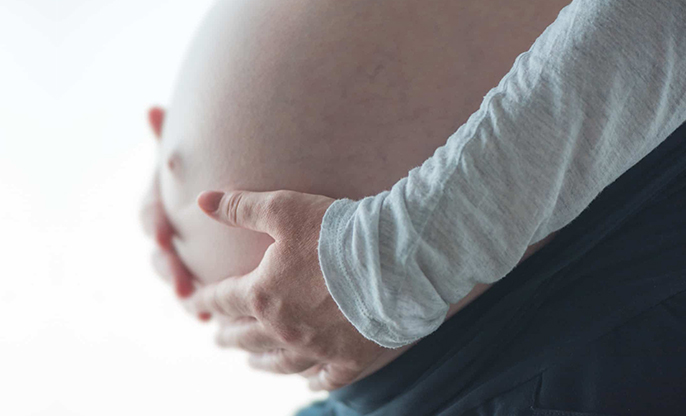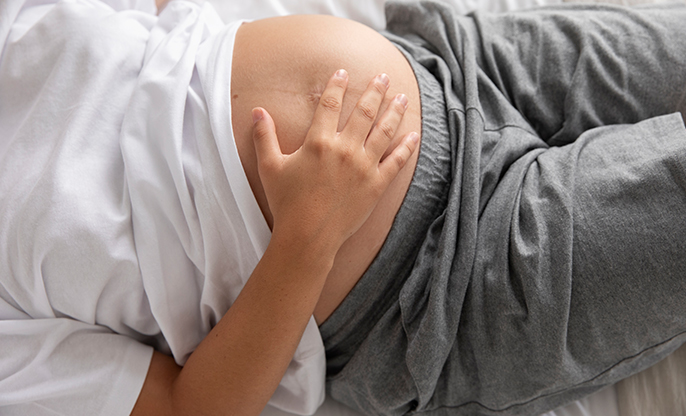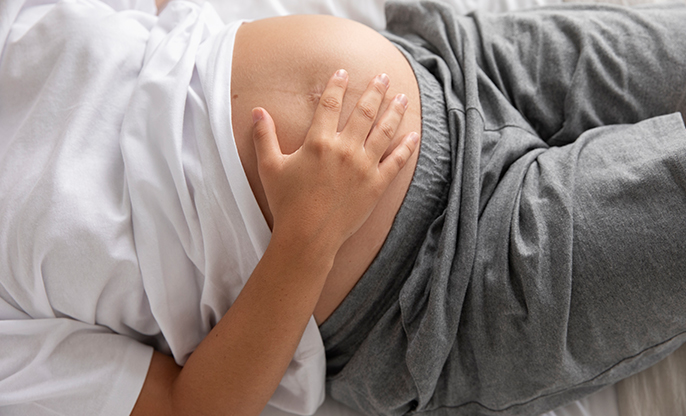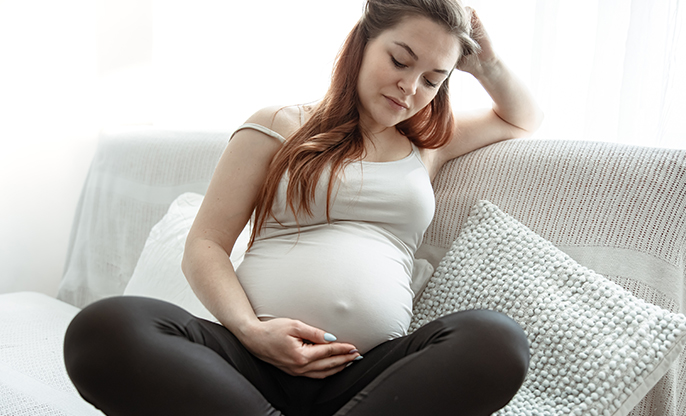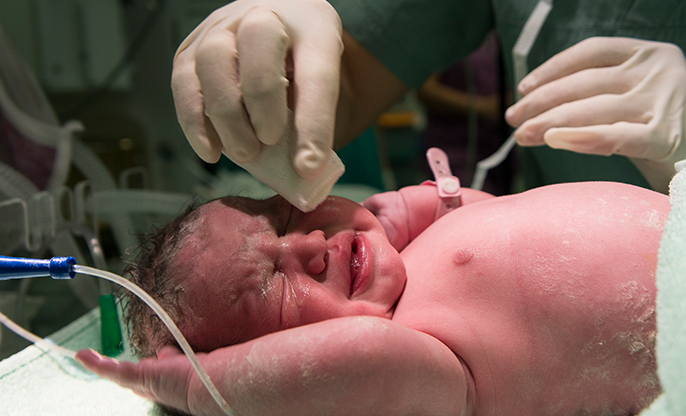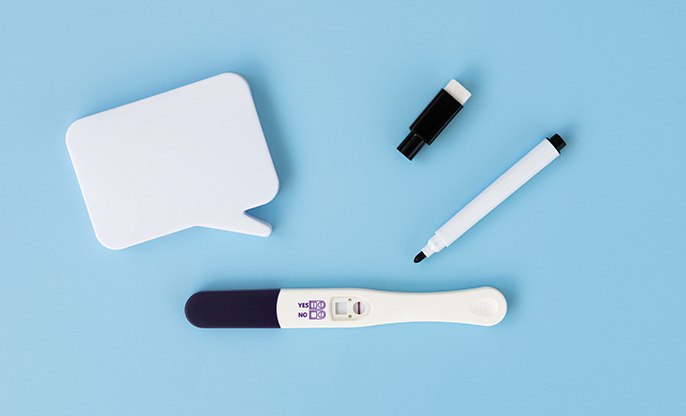
Pregnancy is a
beautiful time, but it is challenging for some mothers because of severe
vomiting and nausea. Hyperemesis gravidarum can leave the pregnant woman
uncomfortable and throwing up frequently.
Because of this, the
mother may face inflammation and bleeding in the throat. She may also end up
dizzy and malnourished due to the lack of vitamins, fluids, and nutrients in
the body due to frequent vomiting. The situation is concerning and can affect the
baby too. The child may face preterm birth and low birth weight. The fact is,
something needs to be done.
Home remedies
Hydration:
Fluids, especially
water, affect the hydration levels in the body, and if the body gets
dehydrated, the vomiting and nausea worsen. Thus drinking proper quantities of
fluids are very important during pregnancy. You don’t have to gulp down glasses
at one time. Instead, sipping a small amount of water or fluids throughout the
day may be retained better and more manageable. Do this instead of trying to
drink large amounts.
Nutrition:
You can take a small
balanced meal frequently so that the body gets some of the nutrition needed.
Instead of focusing on eating three large meals, take small meals spread out
over the day to help prevent nausea.
Remember, larger
meals can trigger the symptoms, so take it easy and slow. Eating frequent
small-sized meals and choosing “easy-to-digest” snacks and foods like toast,
crackers, and soft fruits such as bananas can help. Some women eat a small
snack before bed or when they get up in the morning.
Ginger:
Ginger has
anti-nausea properties, so including a cup of ginger tea, lemon juice with
ginger, ginger ale, or supplements and tablets containing ginger can help to
relieve acute nausea and vomiting symptoms.
Acupressure:
Some women have
reported that acupuncture helps lessen nausea and vomiting during pregnancy.
Apply gentle but continuous pressure to the acupressure point located 2 to 3
finger widths above the crease of the wrist. You can use acupressure wristbands
to apply pressure and reduce nausea.
Rest:
Getting enough rest
can help reduce nausea and vomiting. It may be helpful to take short naps
throughout the day. Lying down periodically and avoiding unnecessary physical
activity can help control nauseous feelings so take a break and sleep often.
Triggers to be avoided:
Certain foods and
smells can aggravate nausea and cause vomiting. It is seen that strong odors
act as a trigger for nausea. Hence, avoid strong-smelling liquids, foods,
perfumes, and home cleaning products. If you jot everything down in a diary,
you can identify foods or smells triggering the condition. In this way, you can
avoid them and feel better.
Hyperemesis gravidarum is a medical condition causing persistent and severe nausea and vomiting during pregnancy that can lead to weight loss, dehydration, and electrolyte imbalances and can be harmful to both the mother and the baby.







